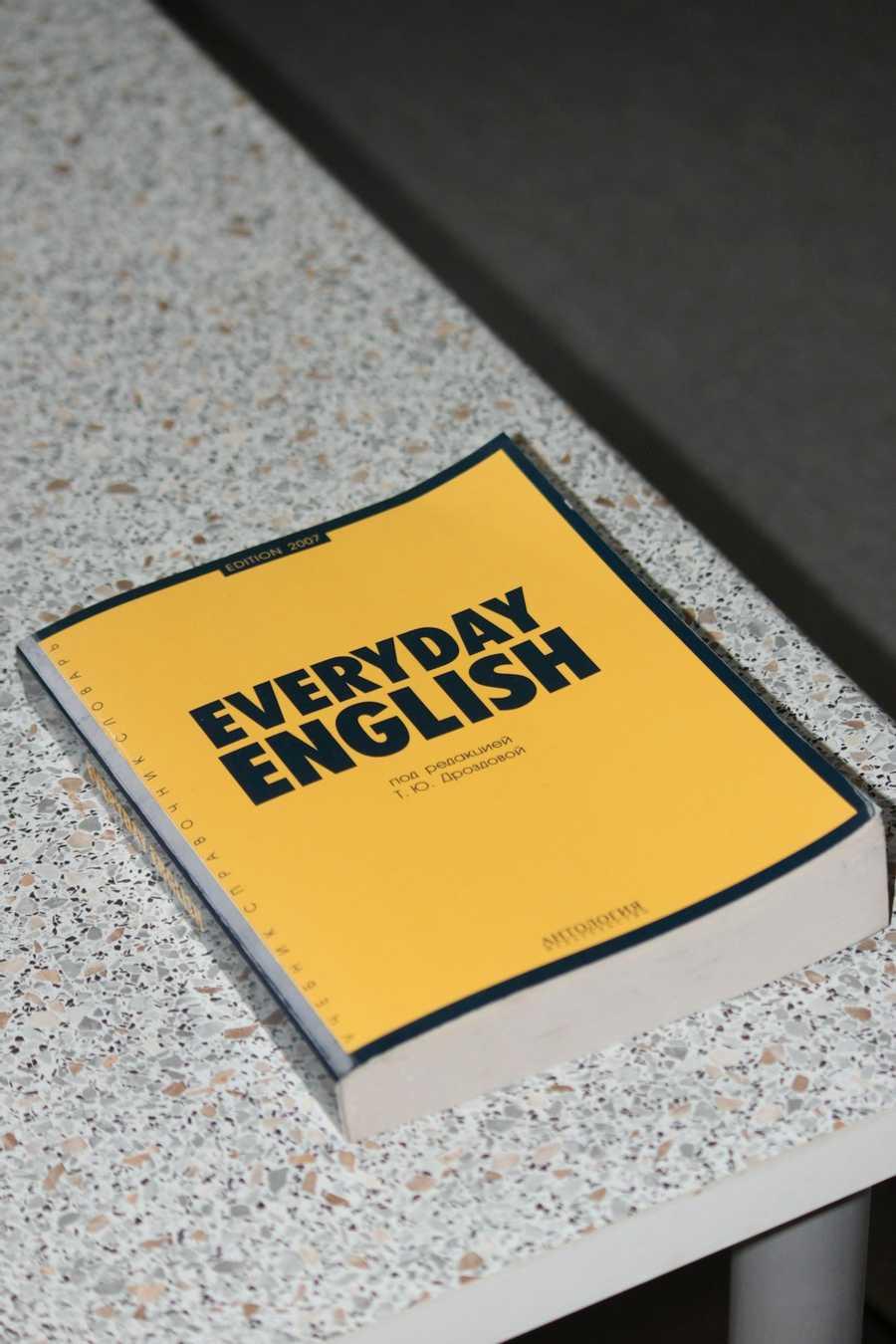How to Say Nothing In 500 Words | Paul Roberts
Curated from: google.com
Ideas, facts & insights covering these topics:
12 ideas
·408 reads
4
Explore the World's Best Ideas
Join today and uncover 100+ curated journeys from 50+ topics. Unlock access to our mobile app with extensive features.
Ten Things The Old Writer in Me Should’ve Known
After years of training as a campus journalist and participating in district-level feature writing competitions, I have finally received my score on the first ever paper that I did as a college student ─ a whopping 23/50 written in bright red ink. My freshman self was devastated, and questioned the worth of all the years she took in writing various features that her publication adviser was proud of. “Was that all a joke?” she asked. She threw the paper in the nearest trash bin that she saw as soon as she went home to her dormitory, just as how she threw all the confidence she had in writing.
15
121 reads
...but did this stop me from writing?
Nonetheless, I am grateful that this event happened. What seemed to be my biggest failure at a time as a young aspiring writer is actually my largest eye-opening moment that motivated me more to brush up my writing and research skills.
Having said this, here are some of the things that I keep in mind as I further improve my writing skills and regain the confidence that I once had as an aspiring writer.
15
25 reads
1. Avoid the obvious content.
Writers have the talent, or the ability at least, to play with words that can inspire, inform, and persuade their writers, so why waste such time and talent on writing something that almost everyone else knows about?
16
56 reads
2. Take the less usual side.
This is what makes a writer’s job more challenging, especially in the information age where information can be easily accessed by anyone with the means in only a click away. It is our responsibility as writers to delve further into thinking of content that may serve as a wake up call for our readers to do action, to be informed by events that are less tackled by the national media, or to simply open their eyes on the other side of a controversial story.
15
32 reads
3. Call a fool a fool.
While admitting that I am at fault for using lengthy sentences as a writer, I appreciate it better when the articles I am reading are direct with their ideas and arguments. I can see how this rule should be applied for a more effective writing style, as it guides not only writers but also readers to be on the same page and not to get lost with the thoughts of the author.
15
35 reads
4. Use everyday English words as much as possible.
Never use a foreign phrase, a scientific word, or a jargon word if you can think of an everyday English equivalent.
In verbal conversations such, we can easily ask each other for the definition of the words they use that we do not understand; however, the writer-reader relationship does not have this feature (unless, of course, if you are reading the essay in front of its author). As writers, we have to make sure that our message is sent clearly to our readers, and we can fulfill such a responsibility by using words that they can easily understand.
15
25 reads
5. Use active voice over passive voice.
I personally find both reading and writing in an active voice easier than using a passive voice. Writing in an active voice helps readers to focus more on the subject rather on its accompanying details such as its qualities and actions.
15
30 reads
6. Omit needless words.
Such as how powerful words can influence and gain an impact on the readers, using too many words can confuse them ─ and also the writer as she slowly lose sight of her thought as she excessively writes down a long list of words that are supposed to support the topic.
Suggested reading: "Clutter" by William Zinssler
15
21 reads
7. Do not overstate.
As writers, although we cannot limit the imagination of our readers, we can limit their assumptions and misconceptions by writing the details of our topic as they are, especially when we are dealing with informative essays. Exaggeration of details may lead our readers to misinformation and fake news, which is an issue we are trying to eradicate in the information age.
15
17 reads
8. Stick to one tense only, especially in writing summaries.
Ensuring consistency in using one tense throughout the summary avoids confusion to our reader, and also helps them to point out when was the summarized topic relevant in our history (whether if it is in the past or the present).
15
16 reads
9. Revise and rewrite.
Our professor in Ethics 1 once told us, “make sure that you allot at least two to three days between your final draft and its revision ─ you’d be surprised by how many errors you’ve actually made throughout writing your paper.”
Revision and rewriting our write-ups are among the important steps in writing as it helps us see what errors must be fixed and what discussions need more improvement.
15
16 reads
10. Prefer the standard to offbeat.
Experimenting with different writing styles is okay, but trying to stray away from the usual writing format and technique for the purpose of “standing out” may lead us rather to the worst of our mental health as a writer; thus, letting our thoughts, and our confidence, fall apart.
As a gentle reminder to all who are reading this, including my future self, never punish nor pressure yourself if you think your writing style is too basic.
Take good care of your mind and body, practice critical reading and writing, and focus more on your progress and the intentions behind writing your chosen topics.
15
14 reads
IDEAS CURATED BY
ENFJ 💮 An economics-psychology student navigating her way through life. I'm really an introvert based on social standards.
Eli Storm's ideas are part of this journey:
Learn more about writing with this collection
The historical significance of urban centers
The impact of cultural and technological advances
The role of urban centers in shaping society
Related collections
Similar ideas
8 ideas
Stoicism explained in exactly 500 words
complexitycondensed.com
4 ideas
Mimetic Desire explained in exactly 500 words
complexitycondensed.com
4 ideas
The Creativity Post | Knowing When to Say Nothing
creativitypost.com
Read & Learn
20x Faster
without
deepstash
with
deepstash
with
deepstash
Personalized microlearning
—
100+ Learning Journeys
—
Access to 200,000+ ideas
—
Access to the mobile app
—
Unlimited idea saving
—
—
Unlimited history
—
—
Unlimited listening to ideas
—
—
Downloading & offline access
—
—
Supercharge your mind with one idea per day
Enter your email and spend 1 minute every day to learn something new.
I agree to receive email updates












